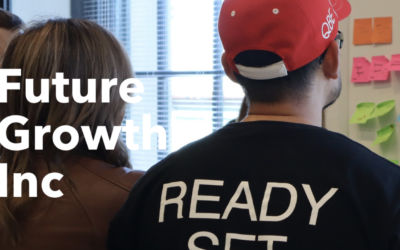We have always relied on trust networks for recommendations. As a child, I can still recall my Nan talking about new products to her neighbours over a cup of tea. She would talk about the results – the way that a new washing powder makes “whites whiter”. Or how an air freshener changes the whole house. Clearly, my Nan was what we would now call an “early adopter”.
But what made these weekly street meetings interesting was the way that personal experience and storytelling was woven into the product. Sure there was television, but this was more impactful. It was a time when there WAS time (if I recall correctly, these “cups of tea” would last hours). And who else do we turn to for recommendation other than close confidants?
Fast forward to 2015 and nothing much as changed. The fundamentals of recommendation remain constant – we buy from those we know and trust. We trust those who can display the 4As of Trust – ability, advise, accountability and authority.
In a connected world, often our interactions are largely digital. Our trust networks have, themselves, scaled beyond the 150 strong Dunbar group. Many of us, for example, would have LinkedIn connections in the thousands. Same for Twitter. Same for Facebook and Instagram.
As a result, these trust networks operate on:
- Signals – What can be gleaned from profiles, social recommendations and personal/professional brands
- Actions – How you behave online and the efforts you make in your communications and interactions
- Deeds – The things you work towards and do, the dint you make in the world
- Outcomes – The impact of your deeds, actions and signals.
But trust is not just what you say and do. It matters that your signals, actions, deeds and outcomes can be seen, validated and reinforced through digital means. And this is where your story, your pitch and passion shine through. It’s not good enough to “build it and they will come”. The successful innovator cuts through. The successful innovator knows what it takes to own their professional brand.
This effectively means that you need an improved level of innovation fitness. Has your team got what it takes?





